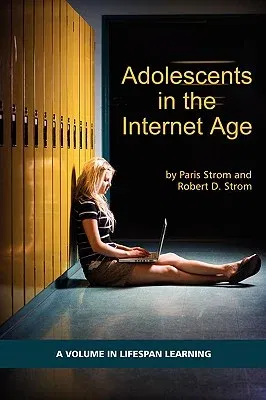A volume in Lifespan Learning Series Editors Paris S. Strom, Auburn
University and Robert D. Strom, Arizona State University The tools of
communication technology have transformed socialization and education of
adolescents. They are the first generation to be growing up with the
Internet, cell phones, iPods, computers, electronic hand helds and
satellite television. Building friendships and social networks are
common experiences online. Most teenagers prefer the Internet as the
main source of learning. Because students know things that are unknown
to teachers, their traditional relationship can shift to provide greater
benefit for both parties if they pursue reciprocal learning. This book
introduces a new set of core topics to reflect current conditions of the
adolescent environment instead of life in yesterday's world. The
discussion shows how the Internet can be used to practice skills needed
for learning and working in the future. Visual intelligence and media
literacy are essential for critical thinking. Creative thinking should
be encouraged in classrooms and become a more common outcome of
schooling. Social maturity can improve when networking includes
interaction with adults as well as peers. Prevention of cheating and
cyber abuse presents unprecedented challenges. Understanding sexuality,
nutrition, exercise, and stress contribute to a healthy lifestyle.
Teamwork skills, peer evaluation, and exercises for cooperative learning
groups are presented. Classroom applications address the practical
concerns of teachers. The book is organized in four domains of identity,
cognitive, social, and health expectations. Each chapter includes
student polls to assess conditions of learning and websites that augment
the book content. The target audience is prospective teachers,
in-service teachers, and school administrators studying adolescent
development on campus and by distance learning.


